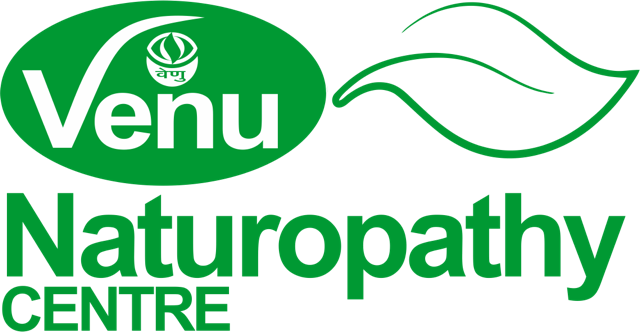By Dr. Anshika Pathak, BNYS, MPH
Read Time: 5 minutes
Hypertension, often termed the “silent killer,” is a prevalent condition that affects millions worldwide, primarily due to factors such as lifestyle choices, dietary habits, and chronic stress. Naturopathy offers a comprehensive approach to managing hypertension by addressing these underlying factors through natural therapeutic methods, aimed at restoring the body’s inherent ability to maintain blood pressure within a healthy range. With increasing evidence supporting naturopathic interventions, the focus lies on dietary management, lifestyle modifications, stress reduction, and complementary therapies that foster cardiovascular health.
The Panchmahabhoota Framework and Hypertension
In naturopathic practice, hypertension is understood through the lens of the Panchmahabhoot—the five elements (Earth, Water, Fire, Air, and Ether)—which underpin all physiological functions. Each element correlates with specific bodily processes; disruptions can lead to conditions such as hypertension.
- Earth (Prithvi) symbolizes structural integrity and stability in bodily tissues. Imbalance may contribute to vascular rigidity, increasing blood pressure.
- Water (Apas) governs fluid balance and circulatory dynamics. Alterations in this element can affect blood volume and contribute to hypertension.
- Fire (Agni) pertains to metabolic processes and energy regulation. An overactive metabolism can lead to increased cardiac output, raising blood pressure levels.
- Air (Vayu) influences respiratory function and circulation. Imbalances in this element often manifest as poor oxygenation, which can strain the cardiovascular system.
- Ether (Akasha) affects the nervous system and stress response. Elevated stress levels can increase blood pressure through hormonal imbalances.
By addressing these elemental disturbances with naturopathic methods, we can potentially alleviate hypertension and promote cardiovascular health from the root.
Evidence-Based Naturopathic Approaches to Hypertension
- Nutritional Therapy
Dietary management plays a pivotal role in the naturopathic treatment of hypertension. Emphasizing a whole-foods, plant-based diet that is low in sodium and high in potassium has been shown to significantly lower blood pressure. Foods rich in antioxidants and omega-3 fatty acids also support vascular health.
- Clinical Evidence: The DASH Diet (Dietary Approaches to Stop Hypertension) is extensively researched and has demonstrated substantial reductions in blood pressure among hypertensive patients. A systematic review published in Hypertension found that increased potassium intake from fruits and vegetables correlates with lower blood pressure levels.
- Physical Activity and Therapeutic Exercise
Regular physical activity is a cornerstone of hypertension management in naturopathy. Exercise enhances vascular function, reduces arterial stiffness, and helps maintain a healthy weight, all of which contribute to blood pressure regulation.
- Clinical Evidence: Studies have consistently shown that moderate aerobic exercise, such as walking or cycling, can lower systolic and diastolic blood pressure significantly. The American Heart Associationrecommends at least 150 minutes of moderate-intensity exercise weekly to achieve these benefits.
- Stress Management
Chronic stress is a significant contributor to hypertension, leading to increased levels of cortisol and adrenaline, which elevate blood pressure. Naturopathic practices promote stress-reducing techniques, including mindfulness, meditation, and breathing exercises.
- Clinical Evidence: Research published in the Journal of Clinical Hypertension indicates that mindfulness-based stress reduction programs can lead to meaningful decreases in blood pressure among hypertensive individuals. Deep breathing exercises, particularly those used in yoga, have also shown positive effects on blood pressure regulation.
- Detoxification Therapies
Naturopathic detoxification methods, such as hydrotherapy and herbal baths, support circulatory health and reduce toxins that may contribute to hypertension. These therapies promote relaxation and can improve overall well-being, which is vital for blood pressure management.
- Herbal and Nutritional Support
Several herbs and nutrients are beneficial for managing hypertension. Hawthorn, garlic, and omega-3 fatty acids have been shown to support cardiovascular health and modulate blood pressure.
- Clinical Evidence: A meta-analysis in The American Journal of Hypertension found that garlic supplementation significantly reduced systolic and diastolic blood pressure in hypertensive individuals. Additionally, hawthorn and many more herbs has been recognized for its properties, with studies indicating its effectiveness in managing hypertension.
By utilizing the Panchmahabhoota framework and integrating evidence-based therapies, naturopathy provides a multifaceted approach to hypertension management. This personalized and holistic model not only targets immediate symptoms but also addresses underlying imbalances, empowering individuals to achieve lasting cardiovascular health and resilience against the impacts of high blood pressure.




